Directory
- Share
Marabel Riesmeier
- Scholar
- Germany
- 2021 PhD History & Philosophy of Science
- King's College
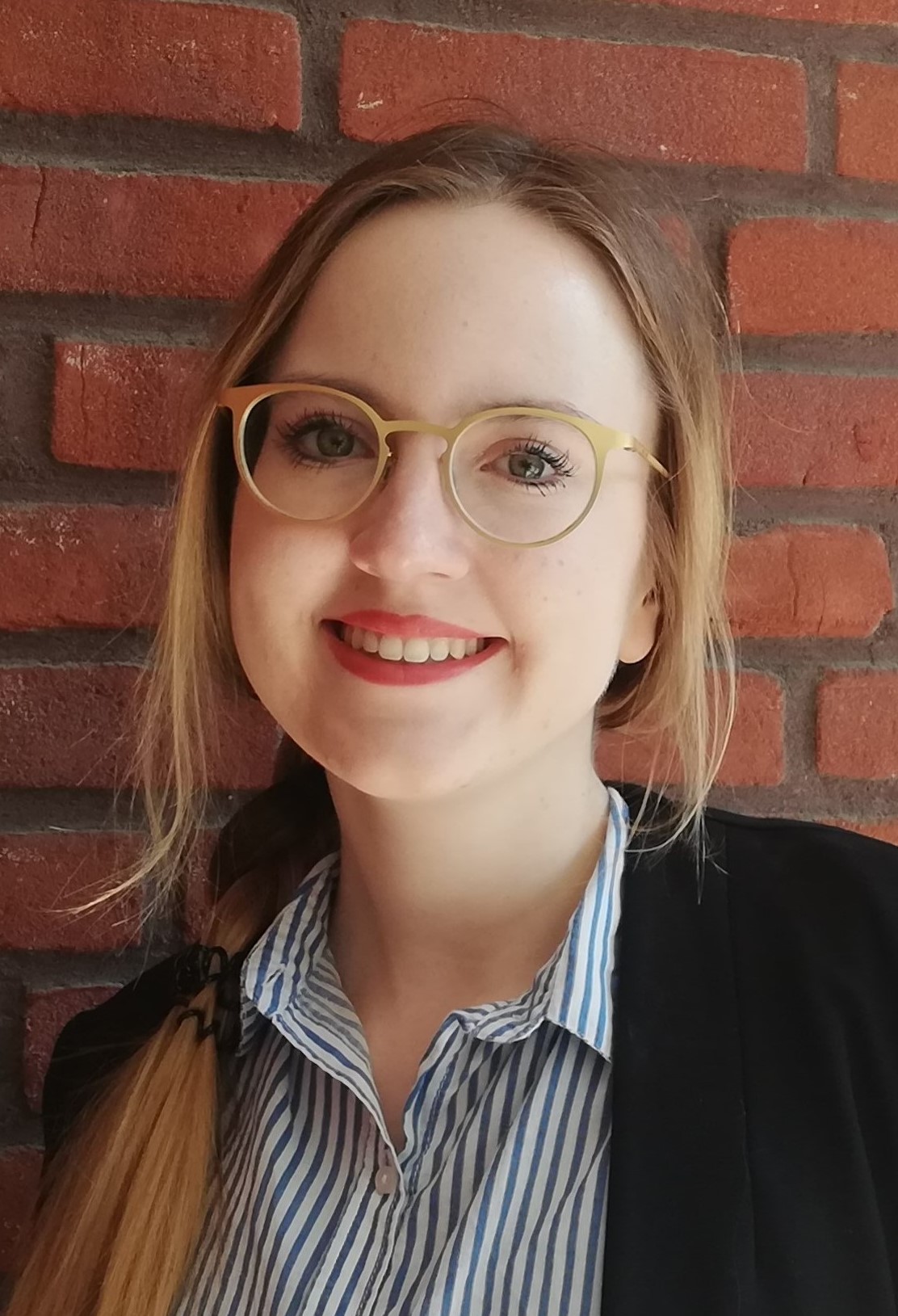
Marabel Riesmeier
- Scholar
- Germany
- 2021 PhD History & Philosophy of Science
- King's College
My path to a PhD in History and Philosophy of Science began in chemistry, a discipline that holds transformative power for society in many ways. I pursued an undergraduate degree in Chemistry and a consecutive MSc in Business Chemistry at the University of Münster. Focusing on analytical chemistry, I completed a semester abroad as a visiting researcher at the University of Oxford, where I investigated the composition of archaeological materials. To unlock the full potential of chemistry, I believe it is vital to ask questions beyond the laboratory, questions concerning the very foundations of the discipline. In my MSc in Philosophy of Science at LSE, I found the tools to articulate and address these questions. In my PhD, I want to investigate the ontology of chemical substances. They are often understood as structurally distinct natural kinds. However, on the microstructural, quantum mechanical, macromolecular and macroscopic levels, the story is much more complicated and often seems contradictory. Chemical substances make up the world around us (including ourselves), but what even are they? I am deeply grateful for the opportunity to pursue this project and look forward to being a part of the Gates scholars community.
Previous Education
University of Munster (Westfalische Wilhelms Unive Business Chemistry 2021
London School of Economics & Political Science (Un Philosophy of Science 2020
University of Munster (Westfalische Wilhelms Unive Chemistry 2017
Facundo Rodriguez
- Scholar
- Argentina
- 2021 PhD Philosophy
- Queens' College
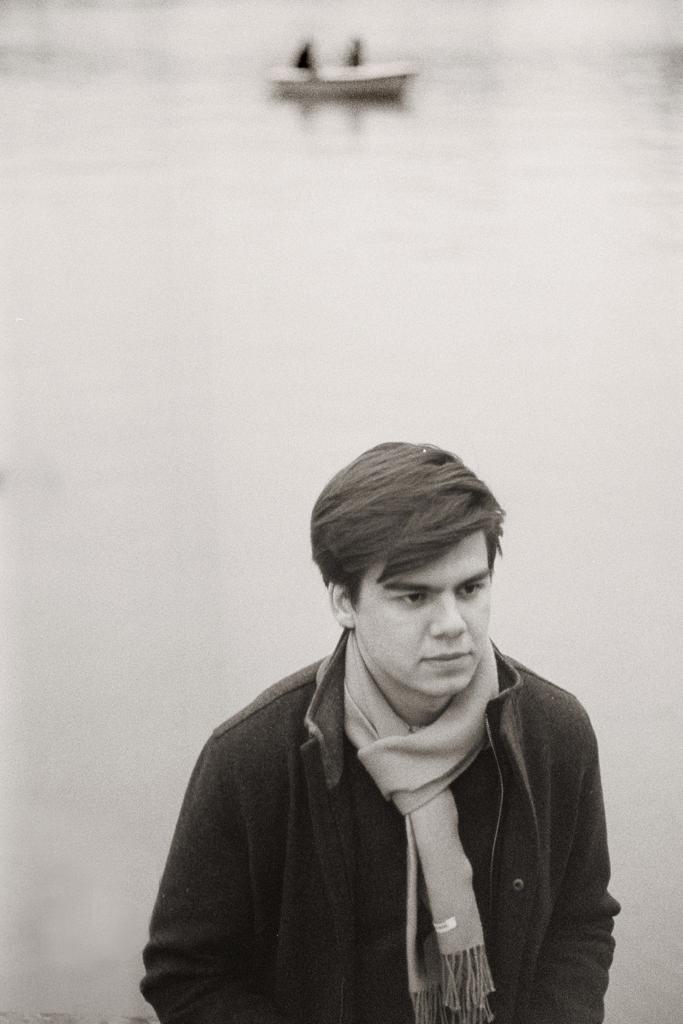
Facundo Rodriguez
- Scholar
- Argentina
- 2021 PhD Philosophy
- Queens' College
I grew up in the beautiful city of Pilar in Argentina but left to pursue a BSc Politics and Philosophy at LSE. As an undergraduate, I became particularly intrigued by questions regarding the nature of goodness and evil and dedicated my dissertation to the (apparent) incompatibility between the existence of God and the evil in our world. During my MSc Political Theory at LSE, I continued to inquire into the intricate nature of moral properties and their normativity through the close study of Kant, Hobbes, Marx and Aristotle. I ultimately came to think that the normativity of ethics might not spring from rationality but from requirements of interpersonal relations. With this in mind, I devoted my MPhil Philosophy research at Cambridge to uncovering what love and friendship are all about. I will continue this study in my PhD by asking whether acting ethically is a necessary presupposition of acting with someone. I hope my project will offer a framework to understand not only the source of the normativity of moral demands but also the moral dimension of our personal and political relations with each other. I am humbled to join the Gates Cambridge community and look forward to working with such a talented group of scholars.
Previous Education
University of Cambridge Philosophy 2021
London School of Economics & Political Science (Un Political theory 2020
London School of Economics & Political Science (Un Politics and Philosophy 2019
Links
https://www.linkedin.com/in/frodriguezx2
https://facundorodriguez.site
Juan Carlos Rueda Silva
- Scholar
- Mexico
- 2021 PhD Genetics
- Trinity College
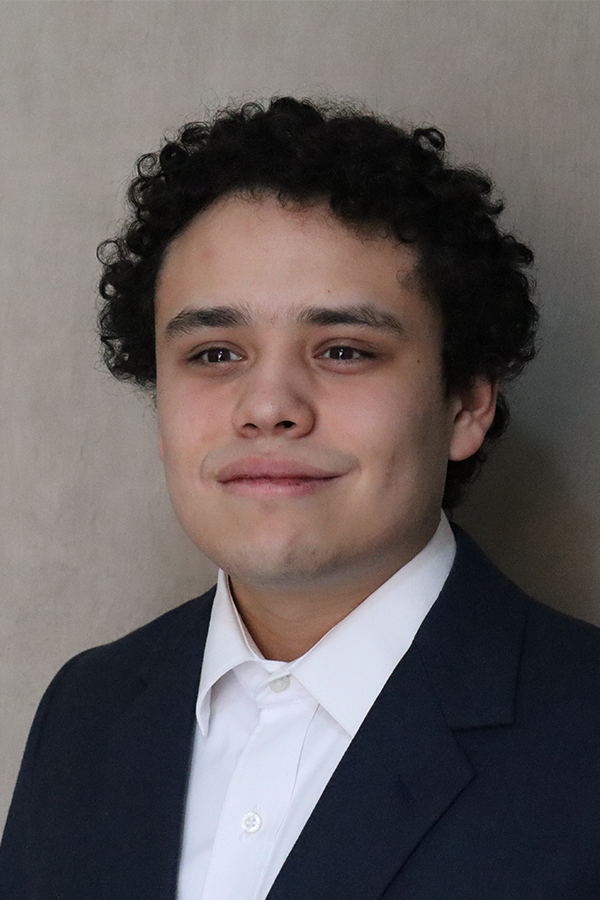
Juan Carlos Rueda Silva
- Scholar
- Mexico
- 2021 PhD Genetics
- Trinity College
I became passionate about biological systems and epigenetic regulation while I was studying my B.Sc. in Biotechnology Engineering at Instituto Tecnologico y de Estudios Superiores de Monterrey – Campus Estado de Mexico, but also intricated with the complexities of these systems. I am convinced that they hold the key for treating diseases with clinical unmet needs, as such during my undergraduate program I conducted research related with RNA biology and gene silencing. During my PhD in genetics at Cambridge I will work on conducting research on RNA epigenetics and posttranscriptional gene regulation, as I strongly believe that these areas of research will allow us to gain a better understanding of the functioning of biological systems and to search for potential treatments for diseases, such as Cancer. I am very proud and excited to be a part of the Gates Cambridge Community, a community of scholars who believe in the power of knowledge for transforming societies.
Previous Education
Inst Tecnológico de Monterrey Estado de Mexico Biotechnology Engineering 2020
Michael Salka
- Scholar
- United States
- 2021 PhD Architecture
- Darwin College

Michael Salka
- Scholar
- United States
- 2021 PhD Architecture
- Darwin College
In the southwest Rocky Mountains, my formative years were spent shaping, and shaped by, nature. My architectural career proceeded to harness natural forces and materials through the planning, design and construction of communal rainwater catchment pavilions in Rwanda; solar/geo-thermal powered, net-zero energy neighborhoods and mixed-use urban infill projects in the USA; and self-sufficient, digitally-fabricated engineered timber homes, greenhouses, public space interventions, and future 'Biocities' in Spain. My doctoral research investigates how geospatial networks can inform place-based natural material value chains for development we’ll need to meet the demand for a worldwide doubling of built floor area by 2060 - while mitigating and adapting to global climate change by advancing carbon neutrality, resource security, ecosystem services, and ecologic as well as human health and wellbeing.
Previous Education
Institute for Advanced Architecture of Catalonia Advanced Ecological Buildings 2019
University of Colorado at Boulder Env. Design: Architecture 2014
Links
https://valldaura.net
https://valldaura.net
https://www.linkedin.com/in/michaelsalka
Arnab Sarkar
- Scholar
- India
- 2021 PhD Astronomy
- Churchill College
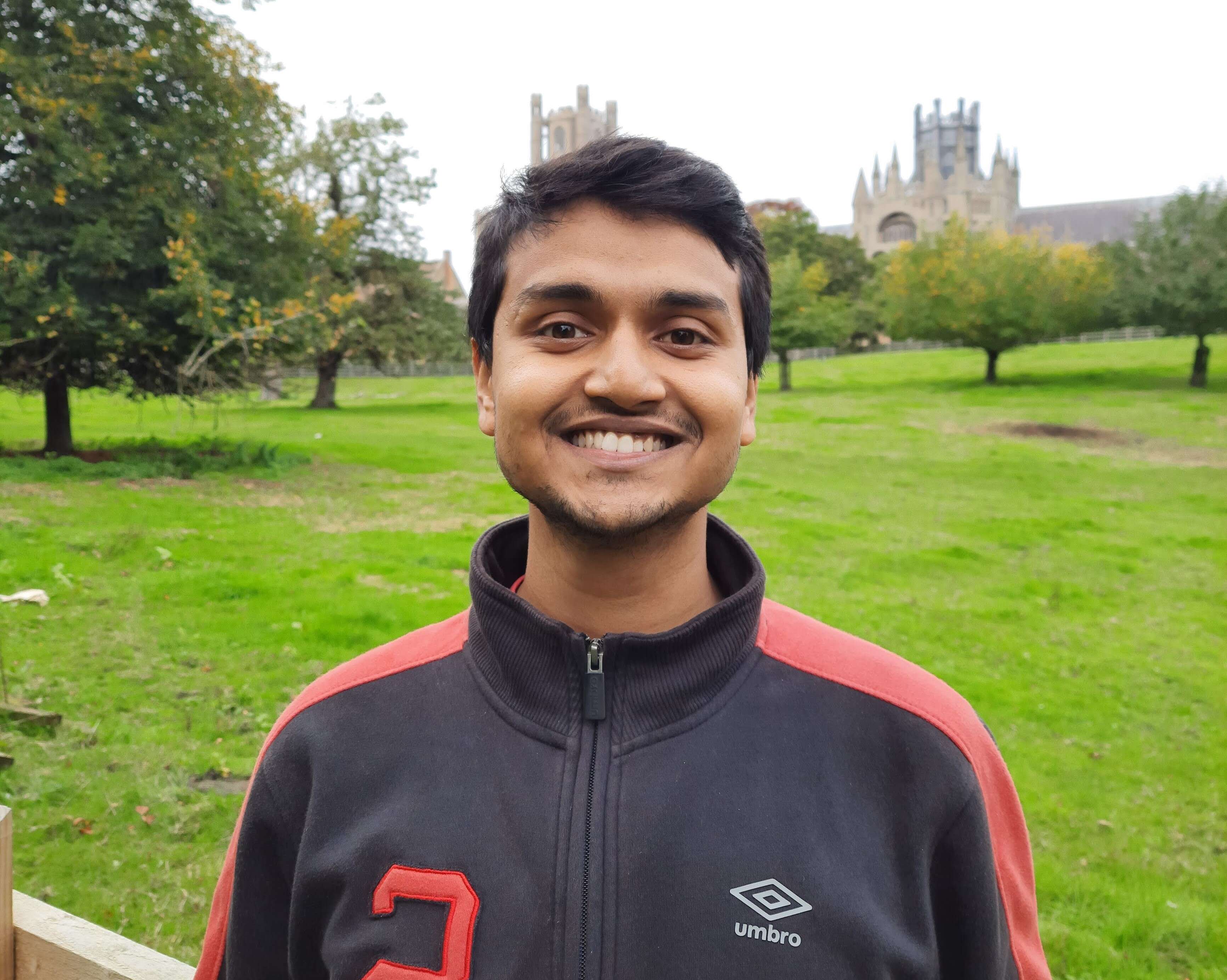
Arnab Sarkar
- Scholar
- India
- 2021 PhD Astronomy
- Churchill College
Hailing from a humble Indian suburb, I got enrolled at the Indian Institute of Science Education and Research Kolkata (IISERK), India, for an Integrated BS-MS in the Physical Sciences, and pursued my Master's thesis in astrophysics as a visiting student at the Weizmann Institute of Science, Israel. At Cambridge, I will have a broader opportunity to better understand the progenitors of overluminous Type Ia supernovae, that are said to violate the Chandareskhar limit. Growing up, I have always strived to promote astronomy and astrophysics as an extremely intriguing field of research, and I plan to continue doing the same as a PhD student in Cambridge. I am profoundly grateful to be awarded the Gates-Cambridge scholarship, and this scholarship has paved the way for me to continue contributing original ideas into my field of research, alongwith fuelling a fascination for the cosmos among the student community, by and large in those who are specifically intrigued by astronomy and astrophysics.
Links
Mayumi Sato
- Scholar
- Canada, Japan
- 2021 PhD Sociology
- Trinity Hall
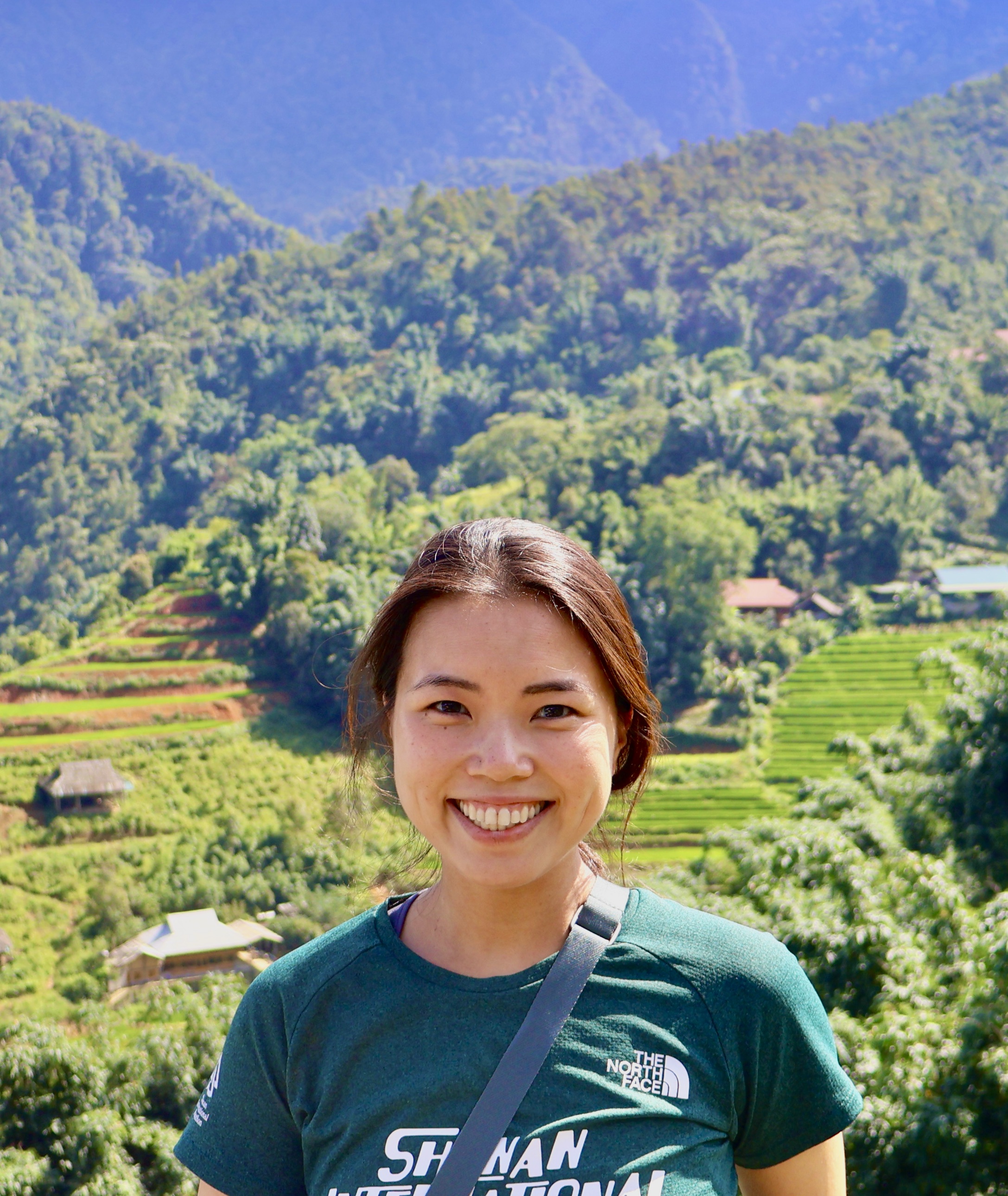
Mayumi Sato
- Scholar
- Canada, Japan
- 2021 PhD Sociology
- Trinity Hall
Growing up in Asia and North America, I have always felt contradicting experiences of identity - one that oscillates between the desire to belong in a new country and the desire to remember my home roots, while ultimately finding myself not fully accepted in either. From a young age, I used my personal experiences as an opportunity to make sense of the world, and to unpack the societies I moved through. Between academic degrees, I worked on issues of reforestation, gender and social equity in forest landscapes, and land resettlement and reparations in Asia, North America, and Europe. My studies and work has allowed me to develop my current research interests, which focus on the intersection between environment and social justice. My research is centered on practices of environmental justice and land stewardship which serve as broader social struggles for freedom and reclamation. Through my research, I hope to share public-facing knowledge and flatten the power hierarchies between how "research" is credited and produced, and to translate scholarship in ways that are accessible and useful within and outside the academy.
Previous Education
University of Cambridge Sociology 2020
McGill University Honours Geography 2017
Isaac Sebenius
- Scholar
- United States, Canada
- 2021 PhD Psychiatry
- Emmanuel College
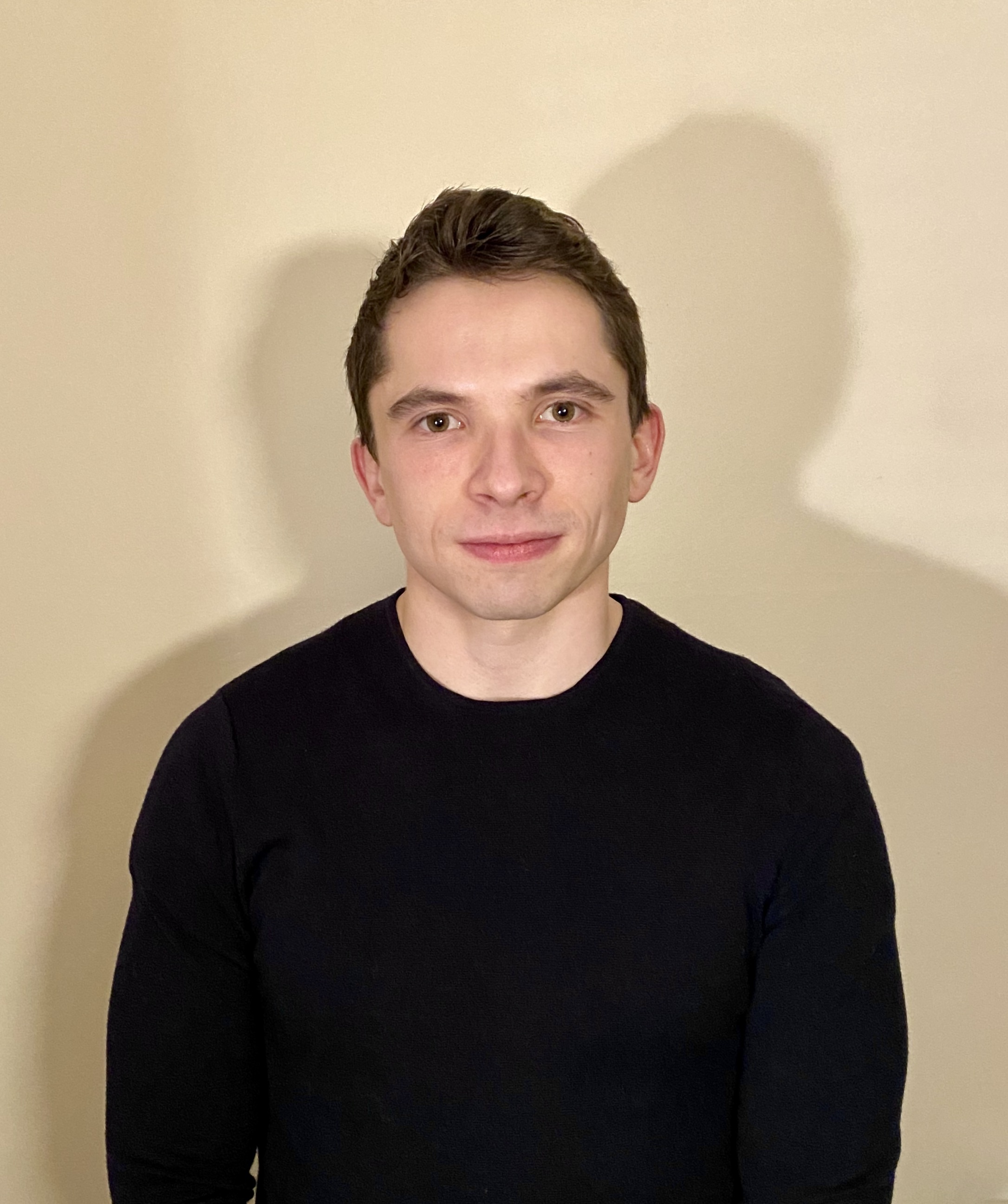
Isaac Sebenius
- Scholar
- United States, Canada
- 2021 PhD Psychiatry
- Emmanuel College
I grew up in Cambridge, MA, and studied molecular biology and computer science at Harvard University. During college, I developed an interest in approaching open questions in biology – from DNA assembly to ALS genomics – by creating new computational methods that leverage biological knowledge rather than relying on existing off-the-shelf techniques. I am also committed to addressing issues related to mental health, a focus developed through work as a peer counselor and first responder as well as by reading the literature of authors who struggle with mental health disorders. During my doctoral research, I will combine my interests in computational biology and psychiatry to better understand and alleviate mental illness. Specifically, I will leverage machine learning to integrate a wide range of biological data (including neuroimaging, genetic, and transcriptomic data) to deepen understanding of mental illnesses such as schizophrenia as well as subclinical phenomena such as psychotic experiences in the general population. Beyond science, I enjoy running, hiking, playing classical piano, and exploring contemporary music.
Previous Education
University of Cambridge Advanced Computer Science 2021
Harvard University Molecular and Cellular Biology 2020
Samarpita Sen
- Scholar
- India
- 2021 PhD Genetics
- Downing College
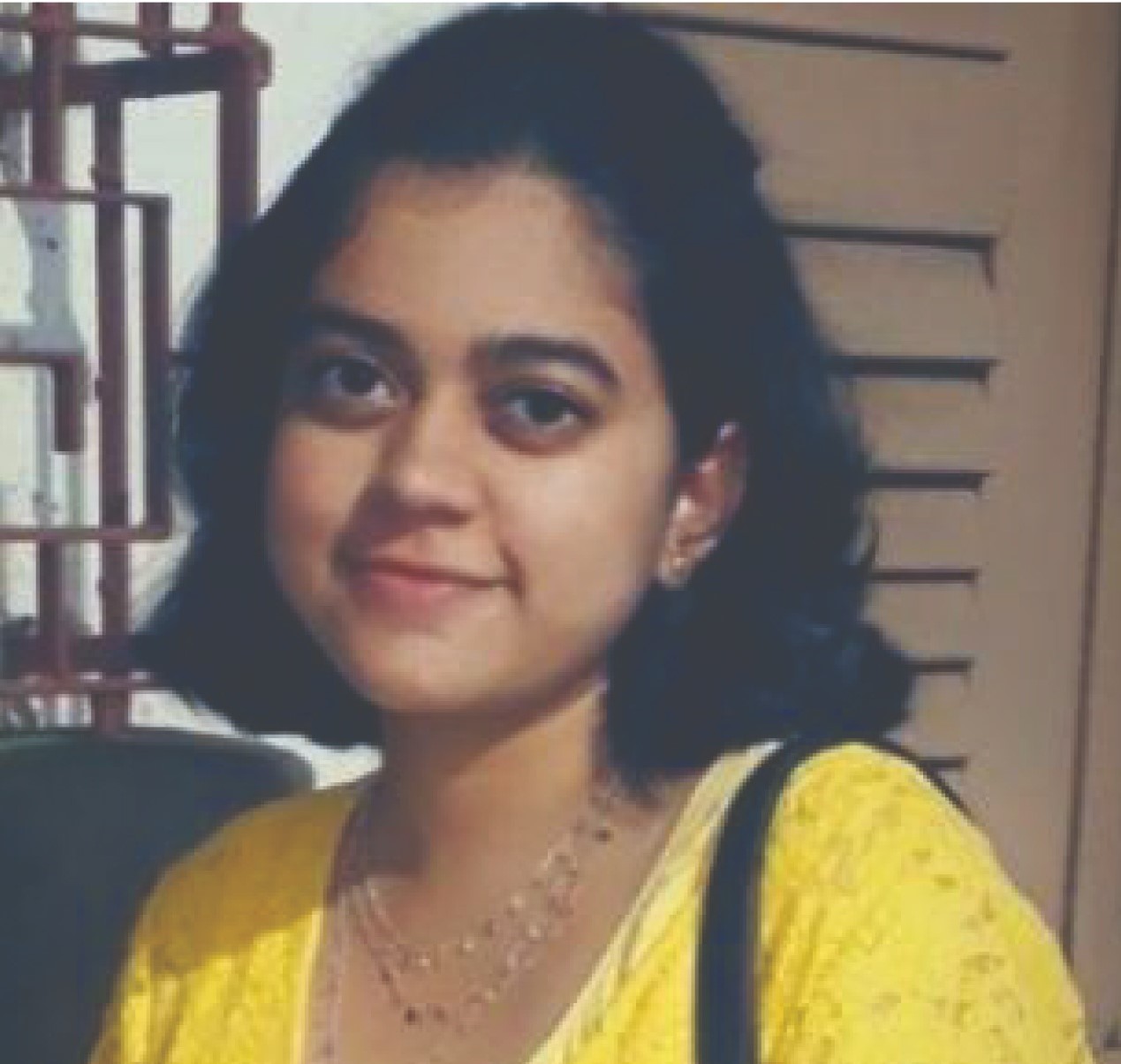
Samarpita Sen
- Scholar
- India
- 2021 PhD Genetics
- Downing College
I grew up in Kolkata and completed my BS-MS in Biology from IISER Kolkata. During my undergrad, I got increasingly fascinated by cell polarity with particular mention to polarized exocytosis. I was amazed by how cell polarity determines the localization and thereby regulates the function of the various residential proteins within the cell. During my PhD, I seek to explore how newly synthesized and recycled proteins are delivered to distinct apical or basolateral domains of the plasma membrane of an epithelial cell, which requires the sorting of these proteins into domain-specific compartments, followed by their directed trafficking and fusion with the membrane. Establishment and maintenance of cell polarity is critical for the health of a cell and its loss is one of the crucial stepping stones to cancer. This study might led us to understand how cell polarity is disrupted during cancer and eventually might also enable us to develop novel therapeutic techniques to combat it. I am honored to be a part of the Gates Cambridge community and look forward to meeting and working with some of the most brilliant scientific minds across the world and also commit to using my knowledge to improve the lives of others.
Previous Education
IISER Kolkata Biology 2021
Veeraj Shah
- Scholar
- United States
- 2021 PhD Public Health and Primary Care
- St Edmund's College
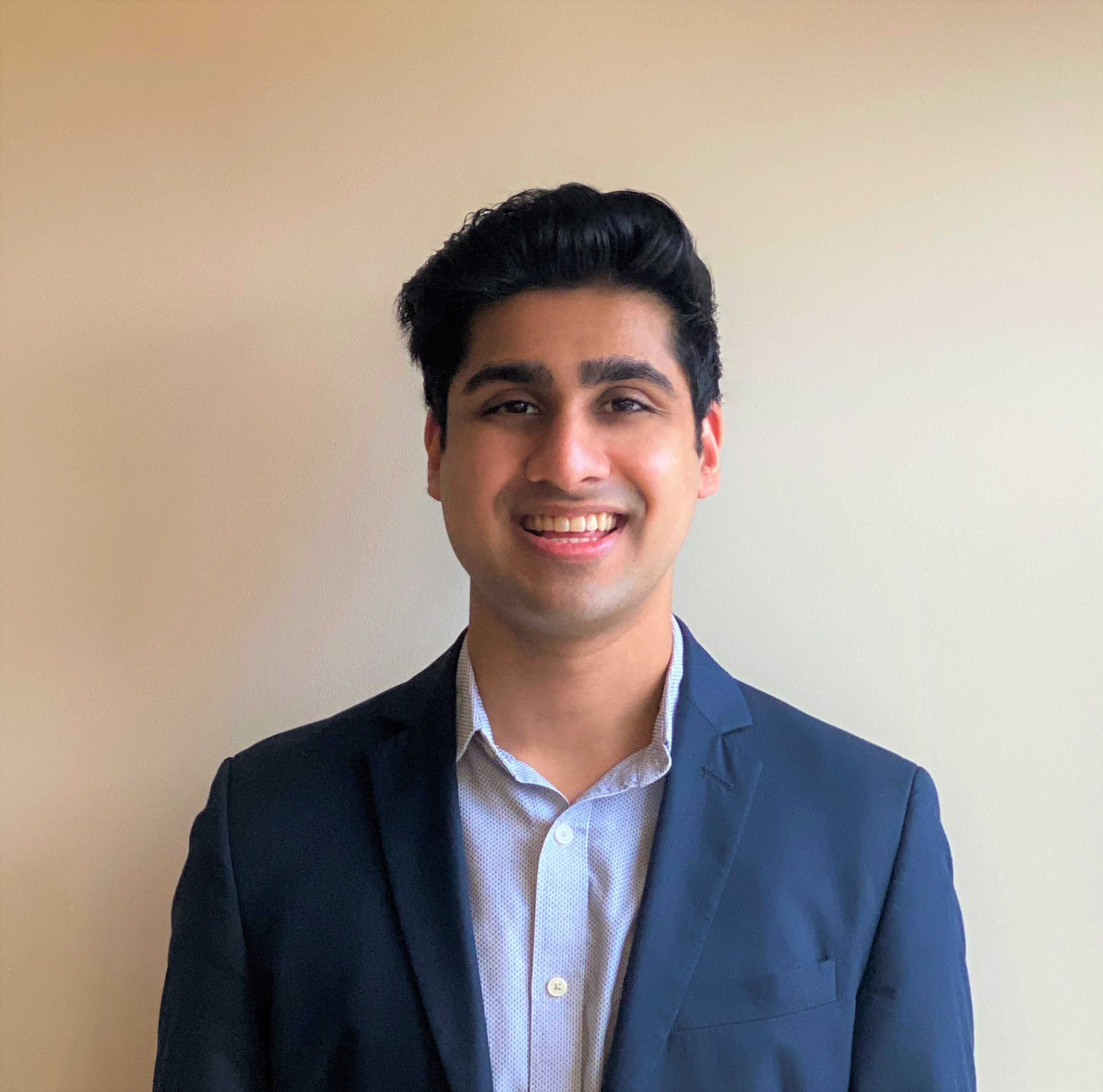
Veeraj Shah
- Scholar
- United States
- 2021 PhD Public Health and Primary Care
- St Edmund's College
As an undergraduate at the University of Maryland, I created an individual studies degree in “Health Policy and Technology” and studied how both policy and novel technology can create more equitable healthcare systems that emphasize preventive health. Through experiences leading Public Health Beyond Borders, a student-led global health organization, I saw the potential of education to improve preventive health in India, Peru, and Sierra Leone. This led me to start Chat Health, a nonprofit organization that applies artificial intelligence to provide accessible and real time information on preventive health. This past year, I worked at the Office of the US Surgeon General, contributing towards the Surgeon General’s Report on Community Health and Economic Prosperity. My PhD research combines interests in preventive health and technology towards improving cancer prevention. Specifically, I will develop and evaluate technology that automates provision of information on cancer-preventive lifestyle behaviors. My hope is that this research will provide evidence to integrate this technology into existing NHS primary care programs and help millions better manage their health. I am truly honored to be joining the Gates-Cambridge Community.
Previous Education
University of Maryland, College Park Health Policy & Technology 2021
William Snyder
- Scholar
- United States
- 2021 PhD Psychiatry
- Trinity College
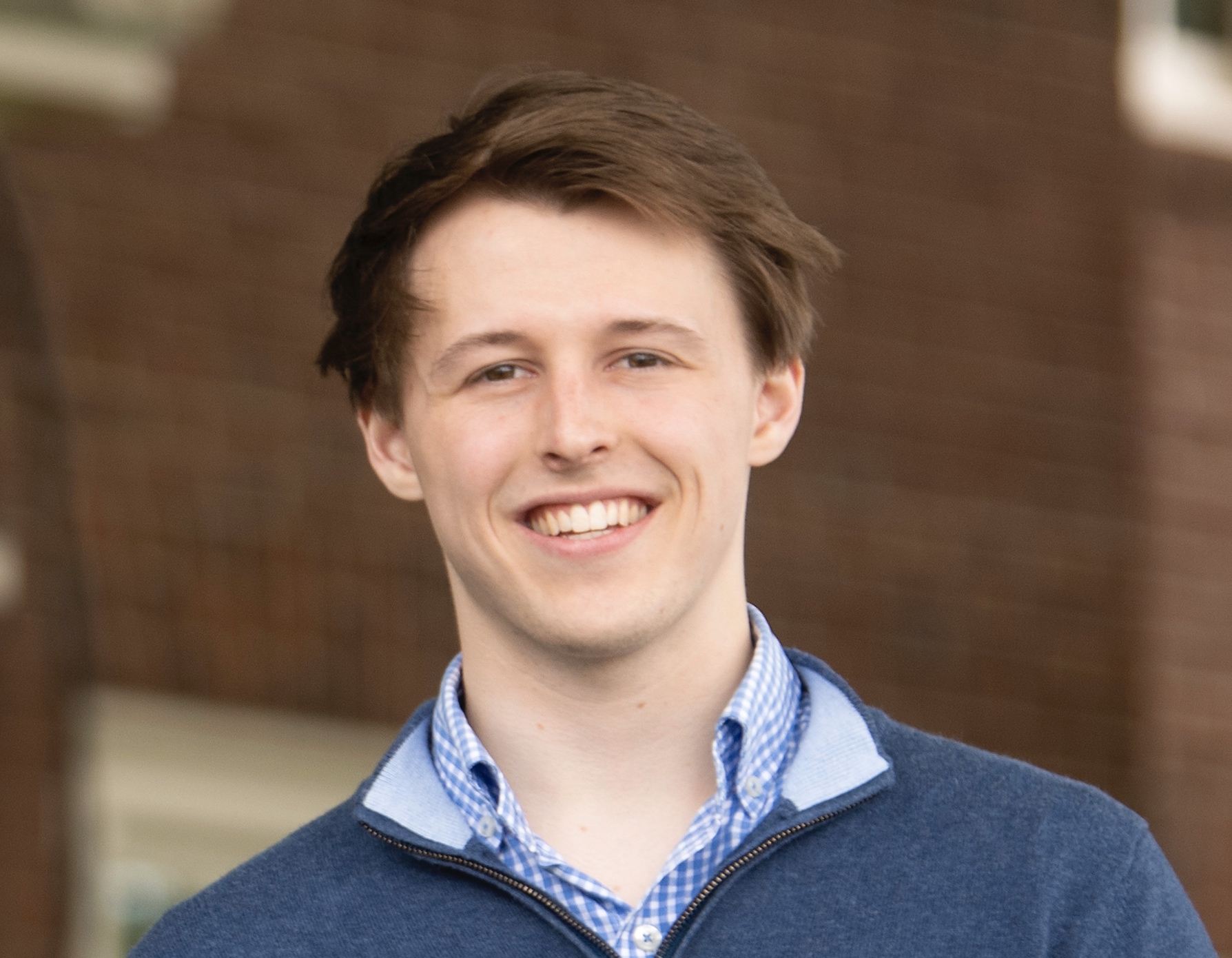
William Snyder
- Scholar
- United States
- 2021 PhD Psychiatry
- Trinity College
Behind every brain MRI is a person with a unique set of traits, but accessing which brain features contribute to one’s behavior, in health and disorder, is an ongoing challenge. Curious about this, in high school I began developing neuroimaging methods, examining large publicly available fMRI datasets. As an undergraduate at Bucknell University in Pennsylvania, the potential of using mathematics to advance brain mapping within these datasets captivated me. I trained with the Geisinger-Bucknell Autism and Developmental Medicine Institute, learning how graph theory methods can help understand patterns of brain folding and function that relate to psychiatric and neurodevelopmental conditions. Working with labs at the NIH, the University of Miami, and Forschungszentrum Julich exposed me to a variety of imaging methods that can further capture the intricacies of the human brain. In my doctoral studies in psychiatry at Cambridge, I will work in Prof. Ed Bullmore’s lab to study infant and adolescent development, combining graph theory analyses of brain folding and brain networks. I hope to contribute to the growing field of precision medicine, advancing treatments for disorders based on markers in the brain.
Previous Education
Bucknell University Neuroscience 2021
Jillian Sprenger
- Alumni
- Canada
- 2021 MPhil Environmental Policy
- Corpus Christi College
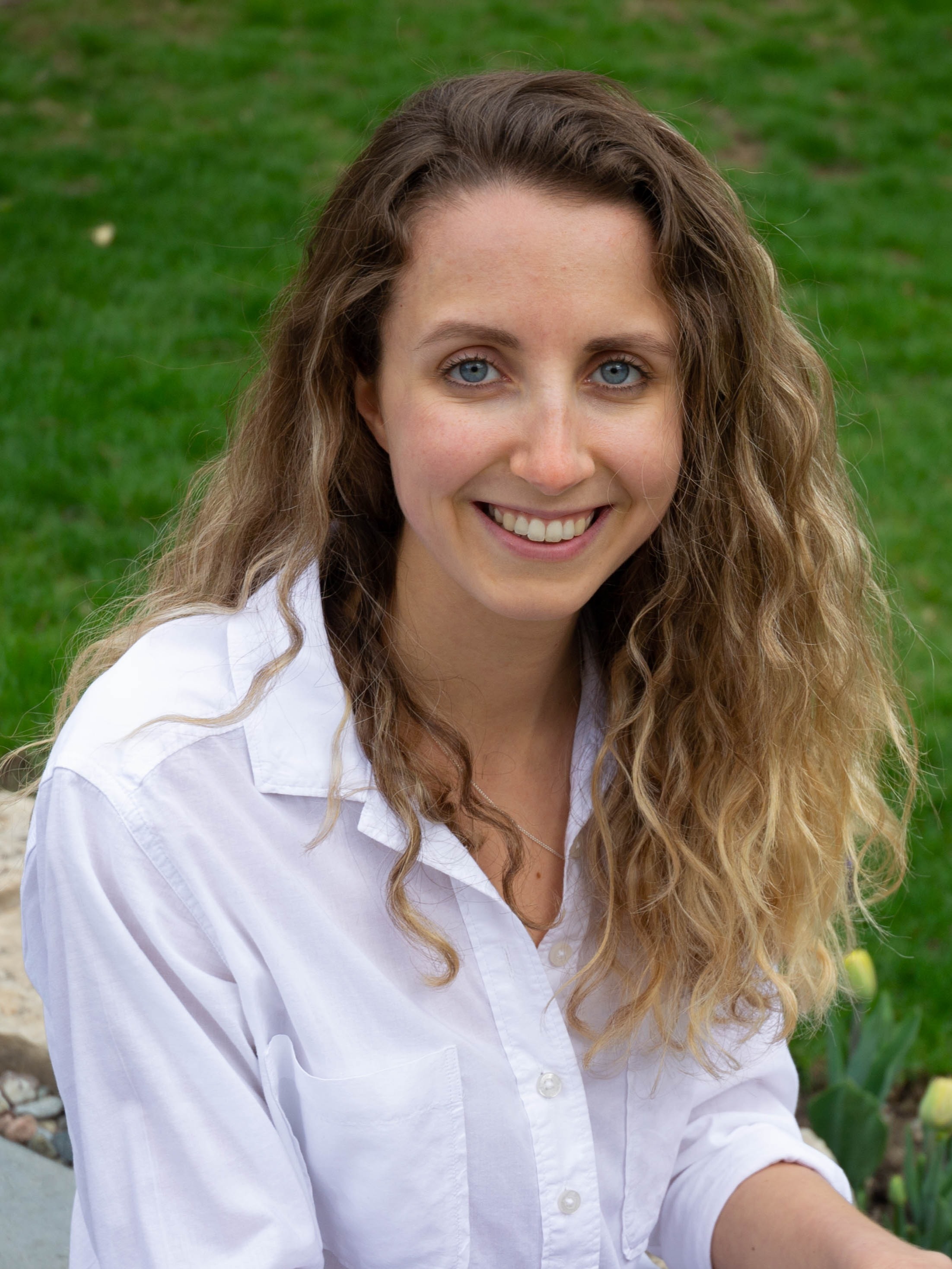
Jillian Sprenger
- Alumni
- Canada
- 2021 MPhil Environmental Policy
- Corpus Christi College
During my undergraduate degree in Global Health, I studied complex global issues such as food insecurity, forced migration, and antimicrobial resistance. Believing that understanding local contexts is a prerequisite to effectively addressing such issues, my research took me to Myanmar, Taiwan, Ecuador, Ethiopia, and Sri Lanka to interview and learn directly from those who have experienced these challenges. Through this process, I became increasingly aware that at the heart of many societal problems lies climate change. Creative mechanisms are needed to address this fundamental challenge. I am particularly fascinated by how the law may be used in new ways for this purpose. Whether through the pursuit of litigation to hold organizations accountable for their actions, or through the implementation of legal mandates to enable transition to a net-zero economy, the law may play a vital role in addressing the climate crisis. Through Cambridge’s MPhil in Environmental Policy, I plan to study how the law on national and international scales may be wielded effectively to address climate change. I am honoured and humbled to join the Gates Cambridge community and to learn from peers equally dedicated to having a positive impact on the world.
Previous Education
University of Toronto Medical Biophysics 2021
University of Toronto Global Health 2019
Munetomo Takahashi
- Scholar
- Japan
- 2021 PhD Biological Science (MRC Toxicology Unit)
- King's College

Munetomo Takahashi
- Scholar
- Japan
- 2021 PhD Biological Science (MRC Toxicology Unit)
- King's College
Born in Tokyo, I became inspired by the impact of microbiologists’ discoveries in the ”Microbe Hunters” and realised that as a physician-scientist, I could engage in translational research to contribute to society in a meaningful way. During my studies in Medicine at the University of Tokyo, I had the opportunity to engage in public health projects - including initiating a project to use black soldier fly larvae to decompose organic waste. Academically, I became interested in how the behaviour of cells in our body causes the emergent properties associated with diseases. To better understand these behaviours, I chose to intermit my studies in Tokyo to gain a more theoretical background through an undergraduate Computer Science degree at the University of Cambridge. My current interest lies in understanding cell behaviour in both the stem cell compartment and the immune response. For my PhD, I aim to uncover how clonal behaviours affect an immune response's success, with the hope that any finding can be translated to the clinic. I have a strong interest in academia's role in progressing society and am looking forward to working and collaborating with like-minded scholars.
Previous Education
University of Tokyo Medicine (intermitted) 2023
Henry Taylor
- Scholar
- United States
- 2021 PhD Public Health and Primary Care
- Trinity College
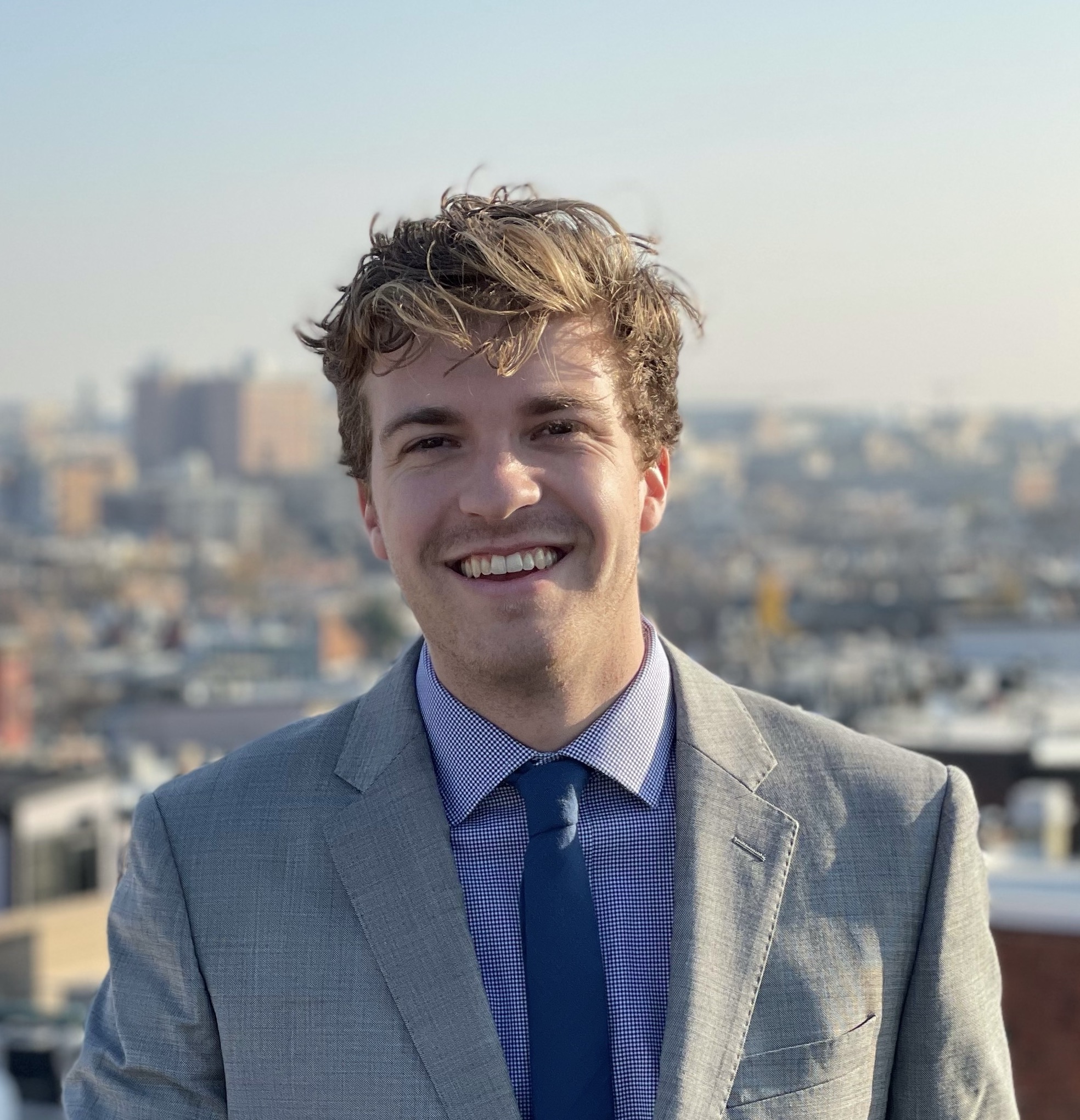
Henry Taylor
- Scholar
- United States
- 2021 PhD Public Health and Primary Care
- Trinity College
As an undergraduate at Duke University, I developed a keen interest in utilizing computational models to investigate the underlying mechanisms of human disease. I resolved to concentrate my career on connecting biology, mathematics, and computer science, with a focus on applications to human health. Shortly after graduating from Duke with a BSc in Computational Biology, I joined the laboratory of Dr. Francis Collins at the United States National Institutes of Health (NIH), where I studied the molecular underpinnings of diabetes using genetic and genomic techniques. While at the NIH, I became acutely aware of the health inequities that persist worldwide, and I pursued training to prepare myself for a career focused on addressing systemic health inequities. During my doctoral training at Cambridge, I plan to combine my interests in human disease and health inequities to study the genetic basis of type 2 diabetes (T2D) across diverse ancestries. It is my hope that my doctoral research will enhance the treatment and prevention of T2D for all people. I am immensely grateful and humbled to join the Gates Cambridge community, and I look forward to learning from the other scholars across diverse disciplines.
Previous Education
Duke University Computational Biology 2018
Charikleia Triantafyllidou
- Scholar
- Greece
- 2021 PhD Theoretical & Applied Linguistics
- Downing College
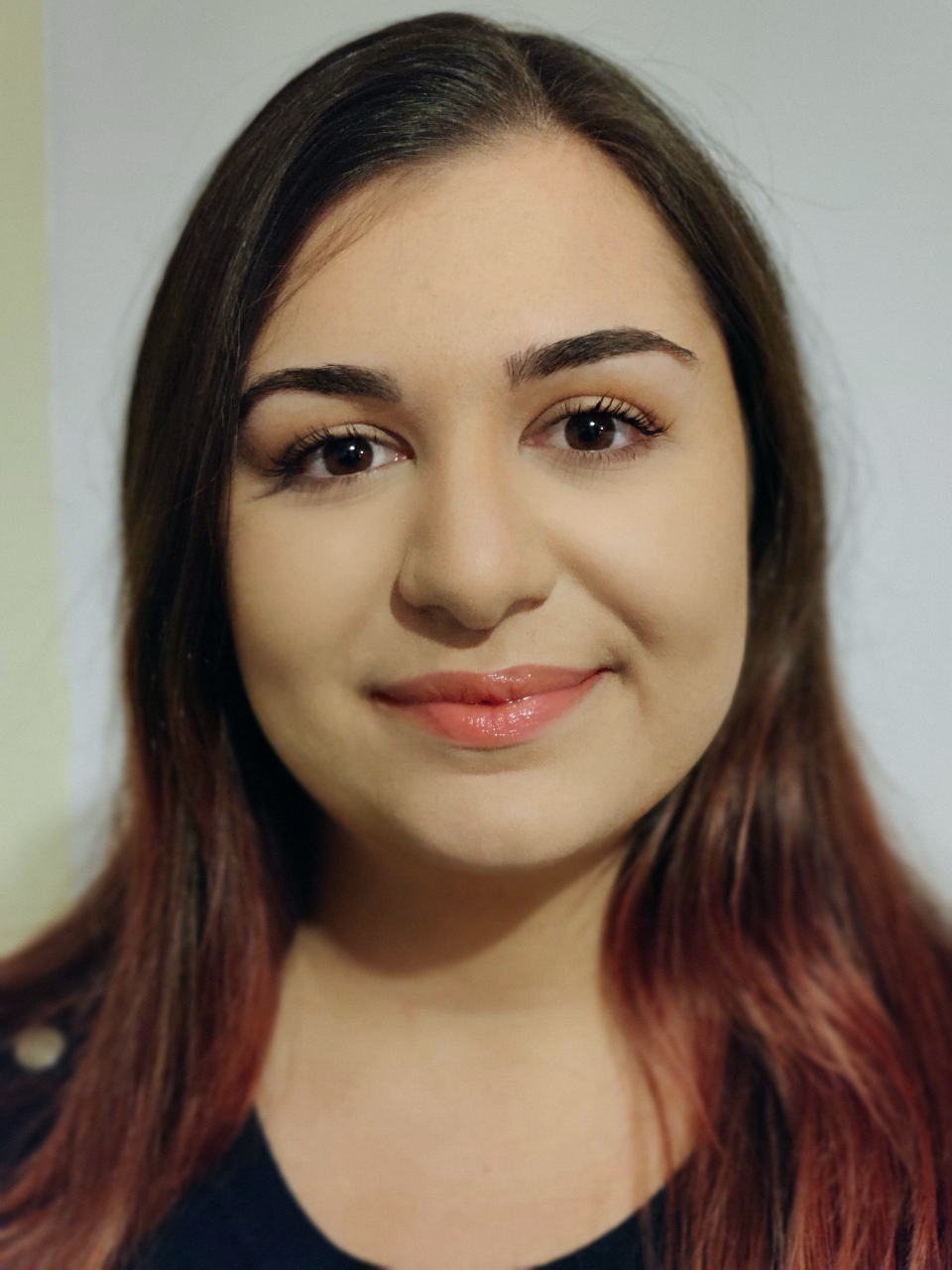
Charikleia Triantafyllidou
- Scholar
- Greece
- 2021 PhD Theoretical & Applied Linguistics
- Downing College
The goal of my PhD research is to explore prosody (stress, rhythm, intonation) and socioeconomic status as factors influencing the development of reading abilities, and I am particularly interested in silent reading (implicit prosody). During my undergraduate studies in English Language and Literature at the Aristotle University of Thessaloniki, I was exposed to aspects of first and second language acquisition, and as an Erasmus+ student at the University of Edinburgh, I became increasingly interested in language processing and psycholinguistics. During my MPhil in Applied Linguistics at Trinity College Dublin, I focused on dyslexia, prosodic processing, and Computer-Assisted Language Learning. By investigating reading abilities among typically developing readers, my aim is to shed light on the role of prosodic processing and production in reading comprehension, to unveil the impact of hidden socioeconomic inequalities on literacy acquisition, and to investigate the extent to which reading difficulties remain undiagnosed. This research will aid in the diagnosis and the development of accommodations for reading difficulties and a more thorough understanding of how these difficulties can go undetected by educators.
Previous Education
University of Dublin Trinity College Applied Linguistics 2020
Aristotle University of Thessaloniki English Language & Literature 2018
Links
Meena Venkataramanan
- Alumni
- United States, United Kingdom
- 2021 MPhil English Studies
- Pembroke College
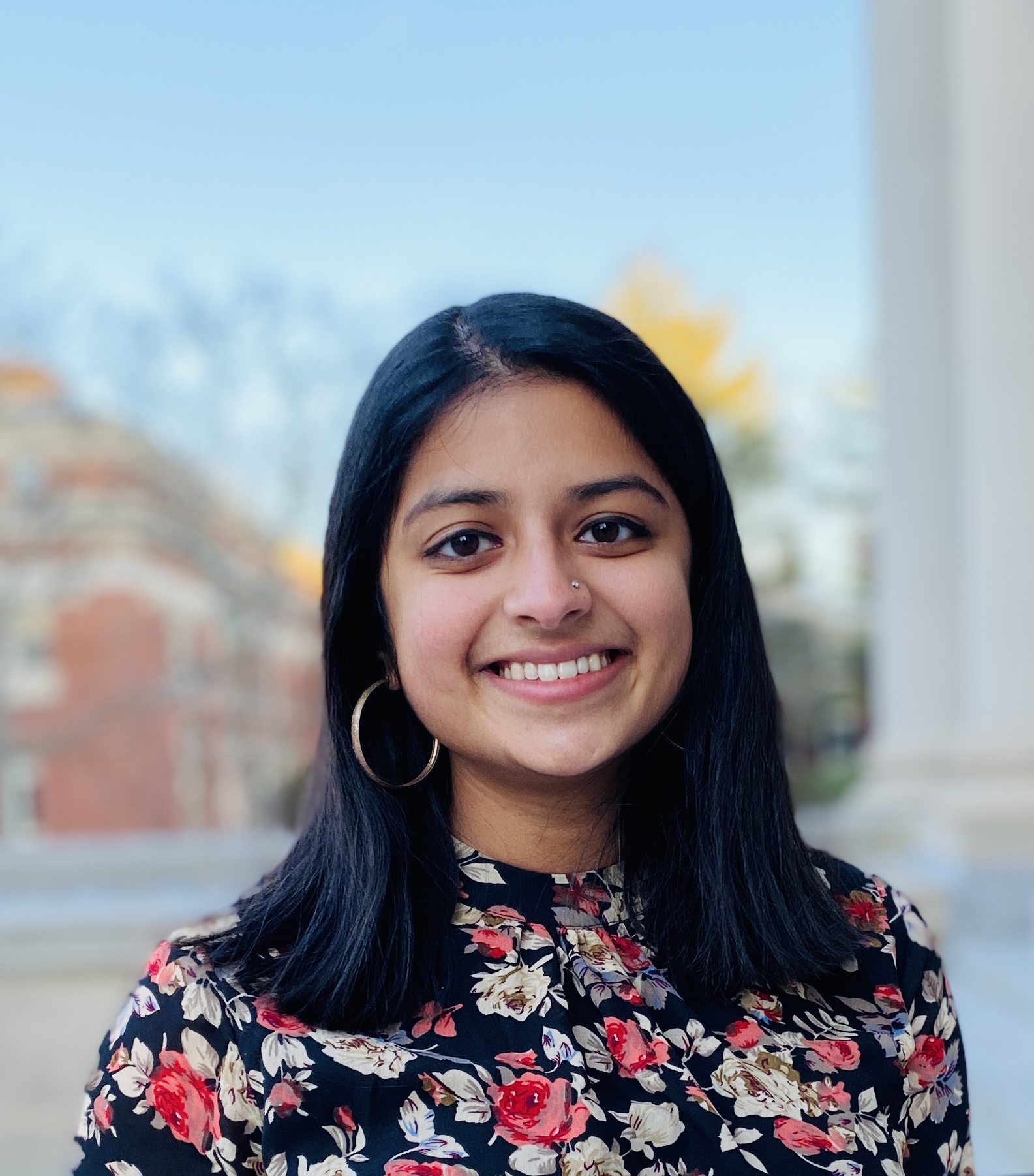
Meena Venkataramanan
- Alumni
- United States, United Kingdom
- 2021 MPhil English Studies
- Pembroke College
Previous Education
Harvard University English, South Asian Studies 2021
Elizabeth Wiita
- Scholar
- United States
- 2021 PhD Chemistry
- St John's College
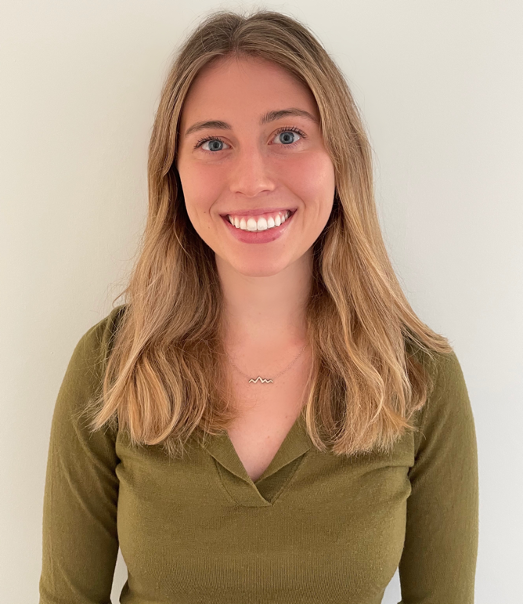
Elizabeth Wiita
- Scholar
- United States
- 2021 PhD Chemistry
- St John's College
As an undergraduate studying Chemistry at Barnard College, I developed an interest in manipulating cellular structures and surroundings to improve global health outcomes. Before college, I had witnessed major disparities in health care while traveling abroad as an artistic swimmer for Team U.S.A., inspiring me to study ways to increase access to medicine: Diseases do not have geographic borders; everyone deserves treatment. I furthered my studies after Barnard as a Fulbright Scholar in Romania and through subsequent studies in the Chemical Engineering Department at Columbia University. During my PhD in Chemistry, I will explore the transportation of nucleic acids into cellular environments. This delivery of materials is fundamental to achieving targeted health treatments, including therapeutics, CRISPR-Cas9 genome editing, and vaccines. With this research, I seek to address not only crucial scientific questions, but also gaps in international medical care, where stable and easily transportable therapeutics are crucial in ameliorating health disparities. In the lab, I feel an overwhelming sense of comfort, curiosity, and responsibility; I look forward to the opportunity to enact change as a part of the Gates Cambridge community.
Previous Education
Columbia University Chemical Engineering 2021
Columbia University Chemistry 2019
Andreas Nabil Younan
- Scholar
- Denmark
- 2021 PhD Asian and Middle Eastern Studies
- King's College
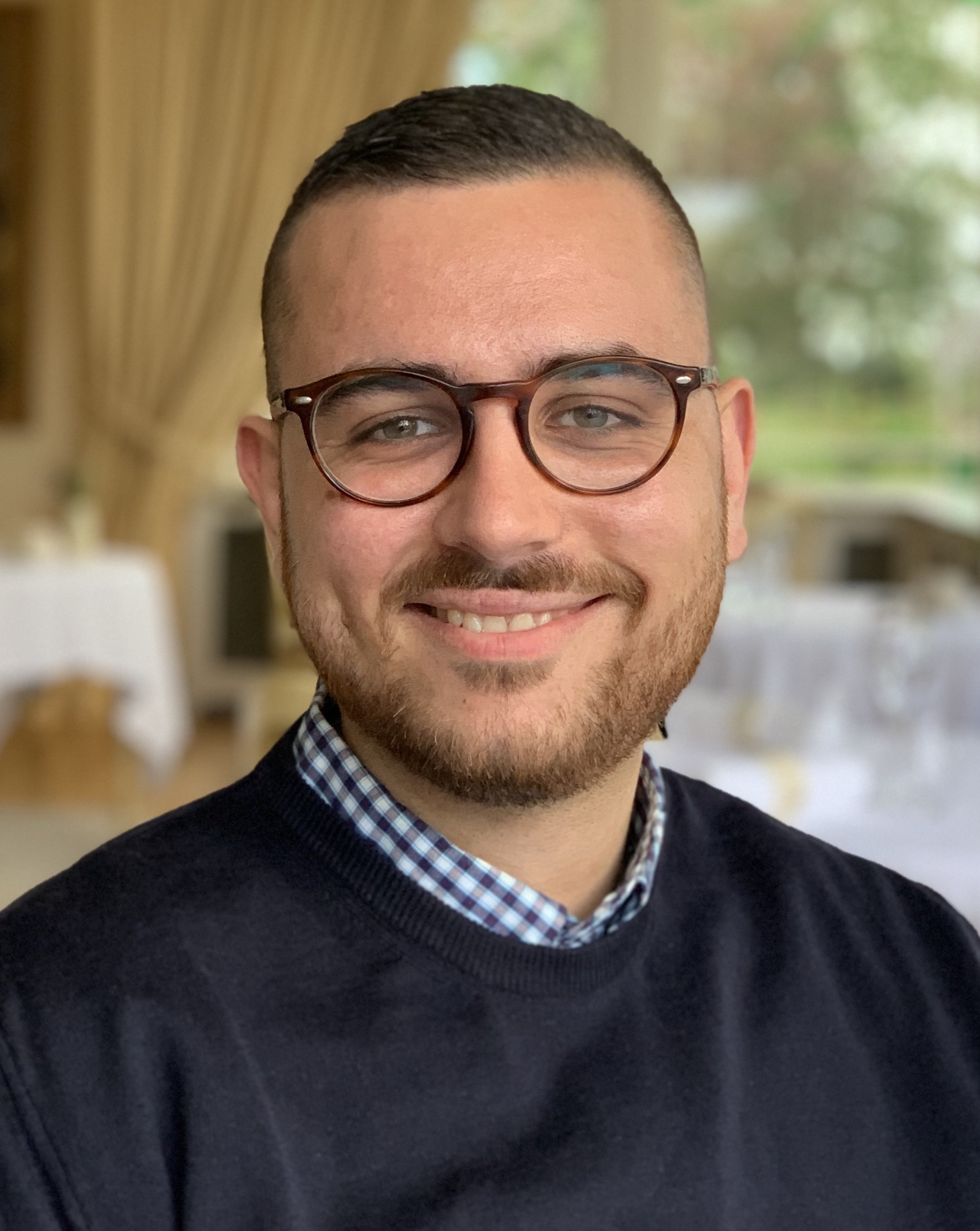
Andreas Nabil Younan
- Scholar
- Denmark
- 2021 PhD Asian and Middle Eastern Studies
- King's College
As an Egyptian-Dane, I have always been fascinated by the contentious issue of the Islamic nature of Egypt. This drives my ambition, as a historian, to shed light on the immense role of Islam in modern Egypt.
My specialisation in modern Egyptian history at the University of Copenhagen has expanded my understanding of the challenges Egyptians have faced for the last century, including questions concerning identity, political Islam and the relationship between religion and state. The debate on the Islamisation of the state or nationalisation of Islam has often been lacking a solid scholarly foundation. I will address this gap by looking at legal codification and, in particular, the project of legal Islamisation after the 1970s. This period of Egyptian legal history has been understudied in comparison with the 19th century which marked the beginning of Egypt’s encounter with Europe.
Pursuing this PhD in Middle Eastern Studies will ultimately shed light on a chapter of legal modernity that was especially formative for the way Islam and state interact in Egypt and beyond today. As a first-generation academic, I am honoured and humbled to be joining such an outstanding community and learn from my fellow Gates Cambridge Scholars.
Previous Education
University of Copenhagen Arabic/Middle Eastern Studies 2018
University of Copenhagen Arabic/Middle Eastern Studies 2016
Meiru Zhang
- Scholar
- China
- 2021 PhD Computation, Cognition & Language
- Murray Edwards College (New Hall)
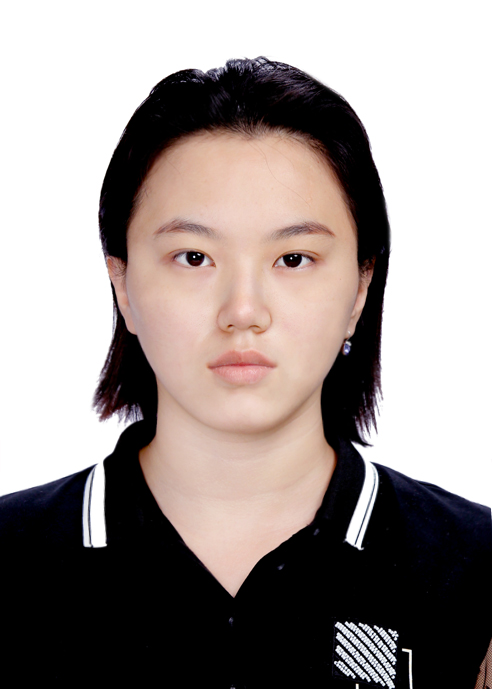
Meiru Zhang
- Scholar
- China
- 2021 PhD Computation, Cognition & Language
- Murray Edwards College (New Hall)
I was born and raised in a small city - Linfen in Central China and received my Bachelor's in Electronic and Electrical Engineering from University College London. I went on to Imperial College London for my Master's in Machine Learning. From the four-year university life in the UK, I realised that I want to become a researcher and work in academia in the future. I enjoy being a researcher and publishing papers that could contribute to state-of-the-art technologies. I am very excited about starting my PhD study at Cambridge and discovering a whole new world. During my time at the University of Cambridge, I'll be working on the early detection of epidemic outbreaks under Professor Nigel Collier's supervision. I'm inspired by social media data's potential and interested in building applications that could improve our lives. The early detection of such pandemic situation could help the government in future planning, resource allocation, and diminishing the disease dissemination. I'm also interested in measuring risk perception in public. I hope to learn and contribute to Natural Language Processing techniques. I am extremely excited and honoured to be joining the Gates Cambridge community for my PhD.
Previous Education
Imperial College London (University of London) Computing (Machine Learning) 2019
University College London EEE 2018








